Table of Content
Kuber Chalisa in Hindi
![God Kuber and Goddess Laxmi]()
॥ दोहा॥
जैसे अटल हिमालय और जैसे अडिग सुमेर ।
ऐसे ही स्वर्ग द्वार पै,अविचल खड़े कुबेर ॥
विघ्न हरण मंगल करण,सुनो शरणागत की टेर ।
भक्त हेतु वितरण करो, धन माया के ढ़ेर ॥
॥ चौपाई ॥
जै जै जै श्री कुबेर भण्डारी ।
धन माया के तुम अधिकारी ॥
तप तेज पुंज निर्भय भय हारी ।
पवन वेग सम सम तनु बलधारी ॥
स्वर्ग द्वार की करें पहरे दारी ।
सेवक इंद्र देव के आज्ञाकारी ॥
यक्ष यक्षणी की है सेना भारी ।
सेनापति बने युद्ध में धनुधारी ॥
महा योद्धा बन शस्त्र धारैं ।
युद्ध करैं शत्रु को मारैं ॥
सदा विजयी कभी ना हारैं ।
भगत जनों के संकट टारैं ॥
प्रपितामह हैं स्वयं विधाता ।
पुलिस्ता वंश के जन्म विख्याता ॥
विश्रवा पिता इडविडा जी माता ।
विभीषण भगत आपके भ्राता ॥
शिव चरणों में जब ध्यान लगाया ।
घोर तपस्या करी तन को सुखाया ॥
शिव वरदान मिले देवत्य पाया ।
अमृत पान करी अमर हुई काया ॥
धर्म ध्वजा सदा लिए हाथ में ।
देवी देवता सब फिरैं साथ में ।
पीताम्बर वस्त्र पहने गात में l
बल शक्ति पूरी यक्ष जात में ॥
स्वर्ण सिंहासन आप विराजैं ।
त्रिशूल गदा हाथ में साजैं ॥
शंख मृदंग नगारे बाजैं ।
गंधर्व राग मधुर स्वर गाजैं ॥
चौंसठ योगनी मंगल गावैं ।
ऋद्धि सिद्धि नित भोग लगावैं ॥
दास दासनी सिर छत्र फिरावैं ।
यक्ष यक्षणी मिल चंवर ढूलावैं ॥
ऋषियों में जैसे परशुराम बली हैं ।
देवन्ह में जैसे हनुमान बली हैं ॥
पुरुषोंमें जैसे भीम बली हैं ।
यक्षों में ऐसे ही कुबेर बली हैं ॥
भगतों में जैसे प्रहलाद बड़े हैं ।
पक्षियों में जैसे गरुड़ बड़े हैं ॥
नागों में जैसे शेष बड़े हैं ।
वैसे ही भगत कुबेर बड़े हैं ॥
कांधे धनुष हाथ में भाला ।
गले फूलों की पहनी माला ॥
स्वर्ण मुकुट अरु देह विशाला ।
दूर दूर तक होए उजाला ॥
कुबेर देव को जो मन में धारे ।
सदा विजय हो कभी न हारे ।।
बिगड़े काम बन जाएं सारे ।
अन्न धन के रहें भरे भण्डारे ॥
कुबेर गरीब को आप उभारैं ।
कुबेर कर्ज को शीघ्र उतारैं ॥
कुबेर भगत के संकट टारैं ।
कुबेर शत्रु को क्षण में मारैं ॥
शीघ्र धनी जो होना चाहे ।
क्युं नहीं यक्ष कुबेर मनाएं ॥
यह पाठ जो पढ़े पढ़ाएं ।
दिन दुगना व्यापार बढ़ाएं ॥
भूत प्रेत को कुबेर भगावैं ।
अड़े काम को कुबेर बनावैं ॥
रोग शोक को कुबेर नशावैं ।
कलंक कोढ़ को कुबेर हटावैं ॥
कुबेर चढ़े को और चढ़ादे ।
कुबेर गिरे को पुन: उठा दे ॥
कुबेर भाग्य को तुरंत जगा दे ।
कुबेर भूले को राह बता दे ॥
प्यासे की प्यास कुबेर बुझा दे ।
भूखे की भूख कुबेर मिटा दे ॥
रोगी का रोग कुबेर घटा दे ।
दुखिया का दुख कुबेर छुटा दे ॥
बांझ की गोद कुबेर भरा दे ।
कारोबार को कुबेर बढ़ा दे ॥
कारागार से कुबेर छुड़ा दे ।
चोर ठगों से कुबेर बचा दे ॥
कोर्ट केस में कुबेर जितावै ।
जो कुबेर को मन में ध्यावै ॥
चुनाव में जीत कुबेर करावैं ।
मंत्री पद पर कुबेर बिठावैं ॥
पाठ करे जो नित मन लाई ।
उसकी कला हो सदा सवाई ॥
जिसपे प्रसन्न कुबेर की माई ।
उसका जीवन चले सुखदाई ॥
जो कुबेर का पाठ करावै ।
उसका बेड़ा पार लगावै ॥
उजड़े घर को पुन: बसावै ।
शत्रु को भी मित्र बनावै ॥
सहस्त्र पुस्तक जो दान कराई ।
सब सुख भोद पदार्थ पाई ।
प्राण त्याग कर स्वर्ग में जाई ।
मानस परिवार कुबेर कीर्ति गाई ॥
॥ दोहा ॥
शिव भक्तों में अग्रणी,
श्री यक्षराज कुबेर ।
हृदय में ज्ञान प्रकाश भर,
कर दो दूर अंधेर ॥
कर दो दूर अंधेर अब,
जरा करो ना देर ।
शरण पड़ा हूं आपकी,
दया की दृष्टि फेर ।
नित्त नेम कर प्रातः ही, पाठ करौं चालीसा।
तुम मेरी मनोकामना, पूर्ण करो जगदीश॥
मगसर छठि हेमन्त ॠतु, संवत चौसठ जान।
अस्तुति चालीसा शिवहि, पूर्ण कीन कल्याण॥
Kuber Chalisa Lyrics
![God Kuber image]()
॥ Doha॥
Jaise atal Himalaya aur jaise adig Sumer.
Aise hi swarg dwar pe, avichal khade Kuber.
Vighna haran mangal karan, suno sharnagat ki ter.
Bhakt hetu vitaran karo, dhan maya ke dher.
॥ Chaupai ॥
Jai jai jai Shree Kuber bhandari.
Dhan maya ke tum adhikari.
Tap tej punj nirbhay bhay hari.
Pawan veg sam sam tanu baldhari.
Swarg dwar ki karen pahre dari.
Sevak Indra Dev ke aagyakari.
Yaksh yakshni ki hai sena bhari.
Senapati bane yudh mein dhanudhari.
Maha yoddha ban shastra dharain.
Yudh karain shatru ko marain.
Sada vijayi kabhi na harain.
Bhagat jano ke sankat tarain.
Prapitamah hain swayam vidhata.
Pulist vamsh ke janm vikhyata.
Vishrwa pitah Idvida jee mata.
Vibhishan bhagat aapke bhrata.
Shiv charnon mein jab dhyan lagaya.
Ghor tapasya kari tan ko sukaya.
Shiv varadan mile devatya paya.
Amrit paan kari amar hui kaya.
Dharm dhvaja sada lie hath mein.
Devi devta sab phiren saath mein.
Pitambar vastra pahne gat mein.
Bal shakti puri yaksh jaat mein.
Swarn simhasan aap virajain.
Trishul gada haath mein sajain.
Shankh mridang nagaare bajain.
Gandharv raag madhur swar gajain.
Chausath yogini mangal gavain.
Riddhi siddhi nit bhog lagavain.
Das dasni sir chhatr phiravain.
Yaksh yakshni mil chamar dhulavain.
Rishiyon mein jaise parashuram bali hain.
Devanh mein jaise hanuman bali hain.
Purushonmein jaise bhim bali hain.
Yaksho mein aise hi Kuber bali hain.
Bhagton mein jaise prahlad bade hain.
Pakshiyon mein jaise garud bade hain.
Nagon mein jaise shesh bade hain.
Vaise hi bhagat Kuber bade hain.
Kandhe dhanush hath mein bhala.
Gale fulon ki pahani mala.
Swarn mukut aru deh vishala.
Dur dur tak hoye ujala.
Kuber dev ko jo man mein dhare.
Sada vijay ho kabhi na hare.
Bigade kaam ban jayen sare.
Ann dhan ke rahen bhare bhandare.
Kuber garib ko aap ubharen.
Kuber karj ko shighr utaren.
Kuber bhagat ke sankat tarain.
Kuber shatru ko kshan mein maren.
Shighr dhani jo hona chahe.
Kyun nahi yaksh Kuber manayen.
Yah path jo padhe padhayen.
Din dugna vyapar badhayen.
Bhoot pret ko Kuber bhagavain.
Adde kaam ko Kuber banavain.
Rog shok ko Kuber nashavain.
Kanak Kodh ko Kuber hataavain.
Kuber chade ko aur chadayen.
Kuber gire ko punah utha de.
Kuber bhagya ko turant jaga de.
Kuber bhule ko rah bata de.
Pyase ki pyas Kuber bujha de.
Bhuke ki bhuk Kuber mita de.
Rogi ka rog Kuber ghata de.
Dukhiya ka dukh Kuber chuta de.
Banjh ki god Kuber bhara de.
Karobar ko Kuber badha de.
Karagar se Kuber chuda de.
Chor thagon se Kuber bacha de.
Court kes mein Kuber jitavain.
Jo Kuber ko man mein dhyavain
.
Chunav mein jeet Kuber krawain.
Mantri pad par Kuber bithavain.
Path kare jo nit man layi.
Uski kala ho sada svayi.
Jispe prasan Kuber ki mayi.
Uska jeevan chale sukhdayi.
Jo Kuber ka path karavai.
Uska beda par lagavai.
Ujadde ghar ko punah basavai.
Shatru ko bhi mitr banavai.
Sahastr pustak jo daan karayi.
Sab sukh bhog padarth payi.
Pran tyag kar swarg mein jaai.
Manas parivar Kuber kirti gayi.
॥ Doha ॥
Shiv bhakton mein agrani,
Shree yakshraj Kuber.
Hrday mein gyaan prakash bhar,
Kar do door andher.
Kar do door andher ab,
Jara karo na deer.
Sharan pada hoon aapki,
Daya ki drishti pher.
Nitt nem kar prat hi, path karoun chalisa.
Tum meri manokamna, purn karo jagdisha.
Magasar chhathi hemant ritu, samvat chausath jaan.
Astuti chalisa shivhi, purn ki kalyan.
Kuber Chalisa Images And PDF
Kuber Chalisa Images
![Kuber Chalisa In Image Format]()
![Kuber Chalisa In English In Image Format]()
Significance of Kuber Chalisa
![God Kubera]()
The Kuber Chalisa is a devotional hymn consisting of 40 verses dedicated to Lord Kuber, also known as Kubera. Kuber is revered in Hindu mythology as the treasurer of the Gods, the king of Yaksha, and a true representation of wealth, prosperity, and glory. He is also acknowledged as the regent of the North (Dik-pala) and a protector of the world (Lokapala).
Recitation of the Kuber Chalisa, particularly on festivals dedicated to Lord Kuber such as Dhantrayodashi, holds immense significance for devotees seeking the blessings of this deity. It is a common spiritual practice to recite the Kuber Chalisa daily to invite the positive energies of prosperity and abundance. Even a few moments dedicated each day to chanting these divine verses can lead to the blessing of wealth, riches, and material possessions.
Additionally, it is believed that the Kuber Mantra, of which Chalisa is a part, can bring success in all financial matters and provide relief from previous birth karma’s due to which an individual may be facing financial burdens in their present life.
By chanting or reading the Kuber Chalisa, devotees show their reverence to Lord Kuber, thereby seeking his assistance in acquiring wealth and financial prosperity.
Benefits of Kuber Chalisa
Chanting the Kuber Chalisa has several potential benefits associated with spiritual, emotional, and material aspects of life. Here are some of the key benefits:
- Wealth and Prosperity: The primary benefit of the Kuber Chalisa is the attraction of wealth and prosperity. Regular recitation is believed to please Lord Kuber, who rewards devotees by blessing them with material wealth and economic growth.
- Eliminates Financial Struggles: Recitation of Kuber Chalisa can help individuals facing financial problems or hardships. The verses are believed to have the divine power to clear obstacles preventing wealth accumulation, thereby providing relief from financial burdens.
- Fulfillment of Desires: Regular chanting of the Kuber Chalisa makes one's wishes come true, as Lord Kuber is believed to be a granter of boons and answer the sincere prayers of his devotees.
- Success in Business: Business owners and entrepreneurs can benefit from reciting the Chalisa as it's said to bless them with wisdom and insight to make prosperous decisions, leading to business success and expansion.
- Inner Peace and Contentment: Just like any other devotional practice, recitation of the Kuber Chalisa can induce a sense of inner peace and spiritual contentment. It reduces stress and anxiety and promotes positivity.
- Protection from Negativity: The Chalisa is also believed to provide protection from negativity, evil eyes, and ill intentions of others. It shields the devotee with a divine aura.
Reciting the Kuber Chalisa should be done with devotion and sincerity, understanding the meaning of the verses to maximize these benefits.
How to chant Kuber Chalisa
The recital usually starts with a prayer to Lord Ganesh, requesting him to remove any obstacles in the path of the recital and in the devotee’s life. Then the Kuber Chalisa is recited, each verse describing the glory of Lord Kuber and the blessings he can bestow upon his worshippers. The recital concludes with a final prayer or 'aarti,' where devotees demonstrate their deep reverence and devotion towards Lord Kuber.
Chanting Kuber Chalisa requires sincerity, purity, and respect. This means that it should be recited in a quiet and clean environment, with the devotee having a clean body and mind. The recital is often accompanied by the ringing of bells and done either silently in the mind or softly vocalized. Generally, the best time for recitation is considered to be early morning or twilight.
To chant the Kuber Chalisa effectively, follow these steps:
- Choose a suitable place and time: Find a quiet and peaceful place, preferably your designated prayer area at home. It is best to chant the Kuber Chalisa in the early morning or during evening, when the atmosphere is spiritually charged.
- Maintain a clean environment: Ensure that the area is clean, as it is considered respectful when inviting divine energies.
- Sit comfortably: Sit in a comfortable position, preferably in a cross-legged posture with a straight back. You may also choose to sit on a cushion or mat.
- Begin with a simple prayer: Start by offering a simple prayer to Lord Kuber, requesting his presence and seeking his blessings.
- Recite the Kuber Chalisa: Slowly and clearly recite the 40 verses of the Chalisa, focusing on each word's meaning and on your intention. You can either chant the verses aloud or silently in your mind.
- Complete the recitation with reverence: Once you have finished chanting the Chalisa, express gratitude to Lord Kuber and conclude the recitation with a respectful bow.
As the guardian of the world's wealth, Kubera is worshiped in Hindu tradition. Kubera is known to have extended monetary assistance to the deity Venkateshwara (a form of Vishnu) for his marriage to Padmavati. To pay back this debt, devotees travel to Tirupati to offer donations in Venkateshwara's Hundi. Consequently, Kubera is associated with Lakshmi, the goddess of wealth and prosperity, and they are sometimes depicted together as Kubera Lakshmi.
Although Kubera is still revered as the god of wealth, much of this role has been taken over by Ganesha, the god of wisdom, fortune, and obstacle removal. Ganesha is often associated with Kubera, reflecting their shared domain over wealth and prosperity.
In Hindu tradition, Lord Kubera, the deity of wealth, is particularly venerated on two significant occasions.
When is God Kuber Worshiped?
![God Kubera image]()
The first auspicious occasion is Dhanteras, also known as Dhantrayodashi. This festival is considered the most essential event dedicated to Lord Kubera. On this day, devotees carry out a special worship called Kubera Lakshmi Puja, honoring both Lord Kubera and Goddess Lakshmi, the goddess of wealth and prosperity. It's a custom to buy gold on Dhanteras as a sign of good fortune.
The second special occasion is Sharad Purnima, which is celebrated to mark the birthday of Lord Kubera. Prayers and offerings to Kubera on this day hold exceptional significance due to this. Devotees engage in special rites and rituals, worshipping Lord Kubera with utmost devotion, in hope of receiving his blessings of wealth and prosperity.
Early Descriptions and Beliefs
In the Atharvaveda, where Kubera first appears, and the Shatapatha Brahmana, he is portrayed as the chief of evil spirits or spirits of darkness and the son of Vaishravana. In the Shatapatha Brahmana, he is referred to as the Lord of thieves and criminals. However, in the Manusmriti, Kubera transforms into a respectable lokapala (world protector) and the patron of merchants.
The Mahabharata describes Kubera as the son of Prajapati Pulastya and his wife Idavida, and the brother of sage Vishrava. Additionally, Kubera is said to have been born from a cow. Nonetheless, according to the Puranas, Kubera is the grandson of Pulastya and the son of Vishrava and his wife Ilavida (also known as Ilivila or Devavarnini), who is the daughter of the sage Bharadvaja or Trinabindu.
By this time, Kubera, though still classified as an asura, is offered prayers at the conclusion of ritual sacrifices. Bearing titles such as 'best of kings' and 'Lord of kings', Kubera is believed to have been a man rather than a god, evidenced by the Harivamsa indicating that he was made 'Lord of kings.' In contrast, Indra, the god-king of heaven holds the title of 'best of gods.' Early texts like Gautama Dharmashastra and Apastamba describe Kubera as a man, while only the Grihyasutras of Shankhayana and Hiranyakesin mention him as a god and recommend offerings of meat, sesame seeds, and flowers to him.
Explore the articles mentioned below for additional information on Aarti, Chalisa, Stotram, and similar topics.
Book A Celebrity To Chant Shani Stotra For You !
Imagine getting a special video of Shani Stotra sung by your favourite singers? Yes it is possible to make singers like, Shankar Mahadevan, Aarya Ambekar, Rekha Bhardwaj, Vaishali Samant, Sonu Kakkar, and Kishori Shahane to chant a stotram for you.
Pick a celebrity you like, tell them the stotra/ aarti/ chalisa you want them to sing, get your video and finally share it with your loved ones or use it for your every aarti session!
Tring helps you book a personalised video stotra for your loved ones on the special occasion of Shani Pooja and many more ocassions.
![button_book-your-chalisa-video-now]()
![birthday occasion]() Birthday Gifts
Birthday Gifts
![anniversary occasion]() Anniversary Gifts
Anniversary Gifts
![women]() Women
Women
![men]() Men
Men
![Couples]() Couples
Couples
![Couples]() Wedding Gifts
Wedding Gifts

 Birthday Gifts
Birthday Gifts
 Women
Women
 Men
Men
 Anniversary Gifts
Anniversary Gifts
 Wedding Gifts
Wedding Gifts

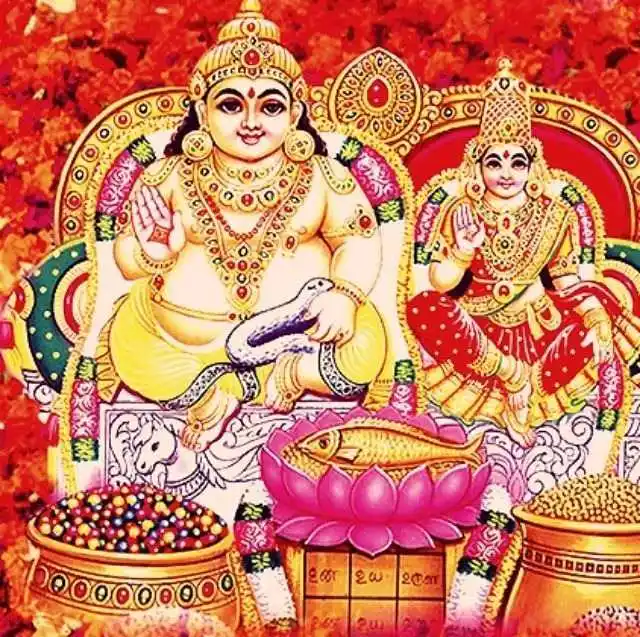
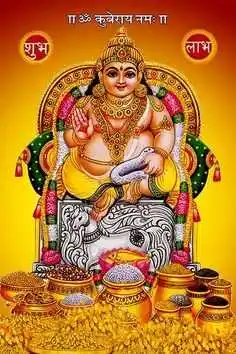
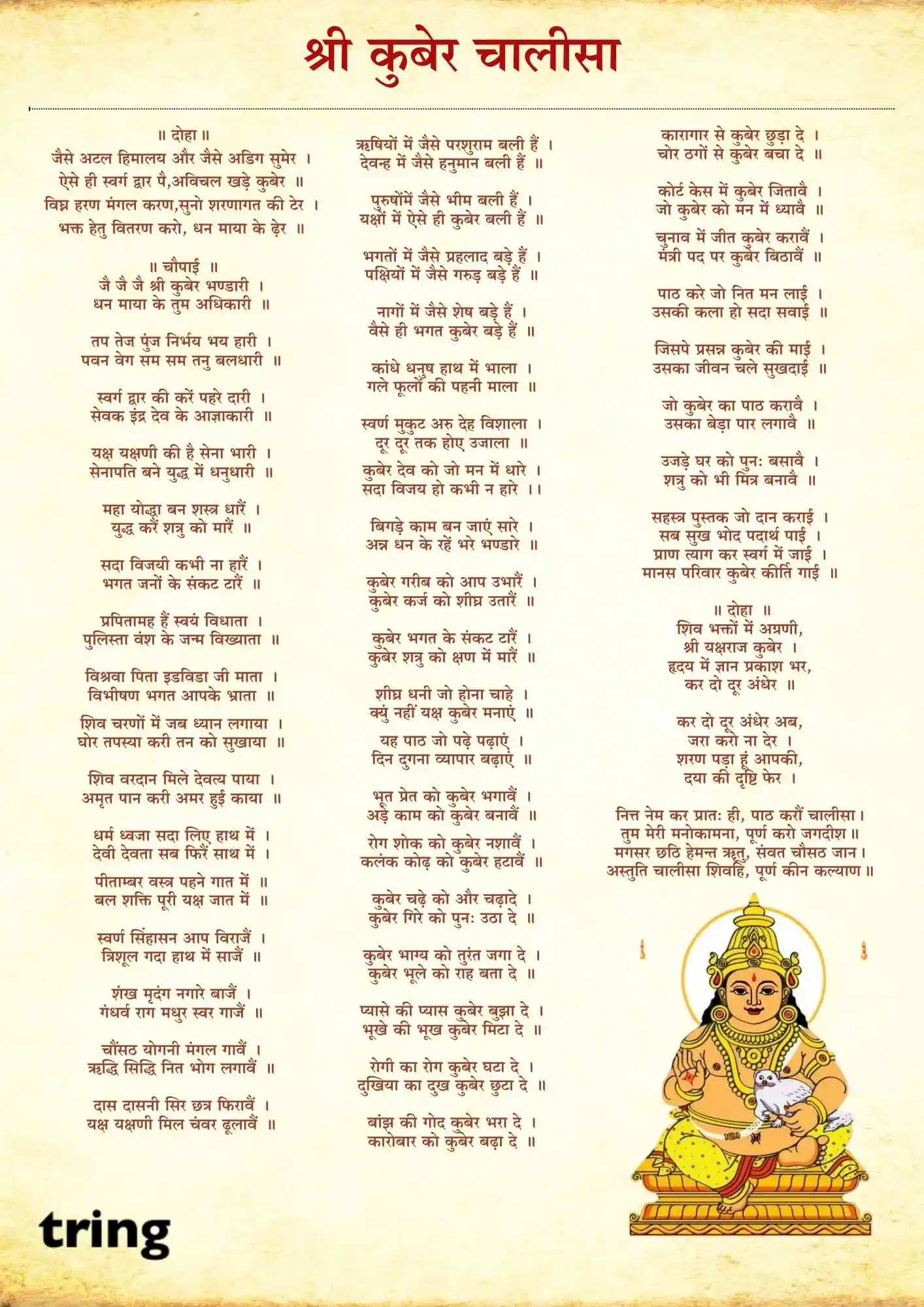
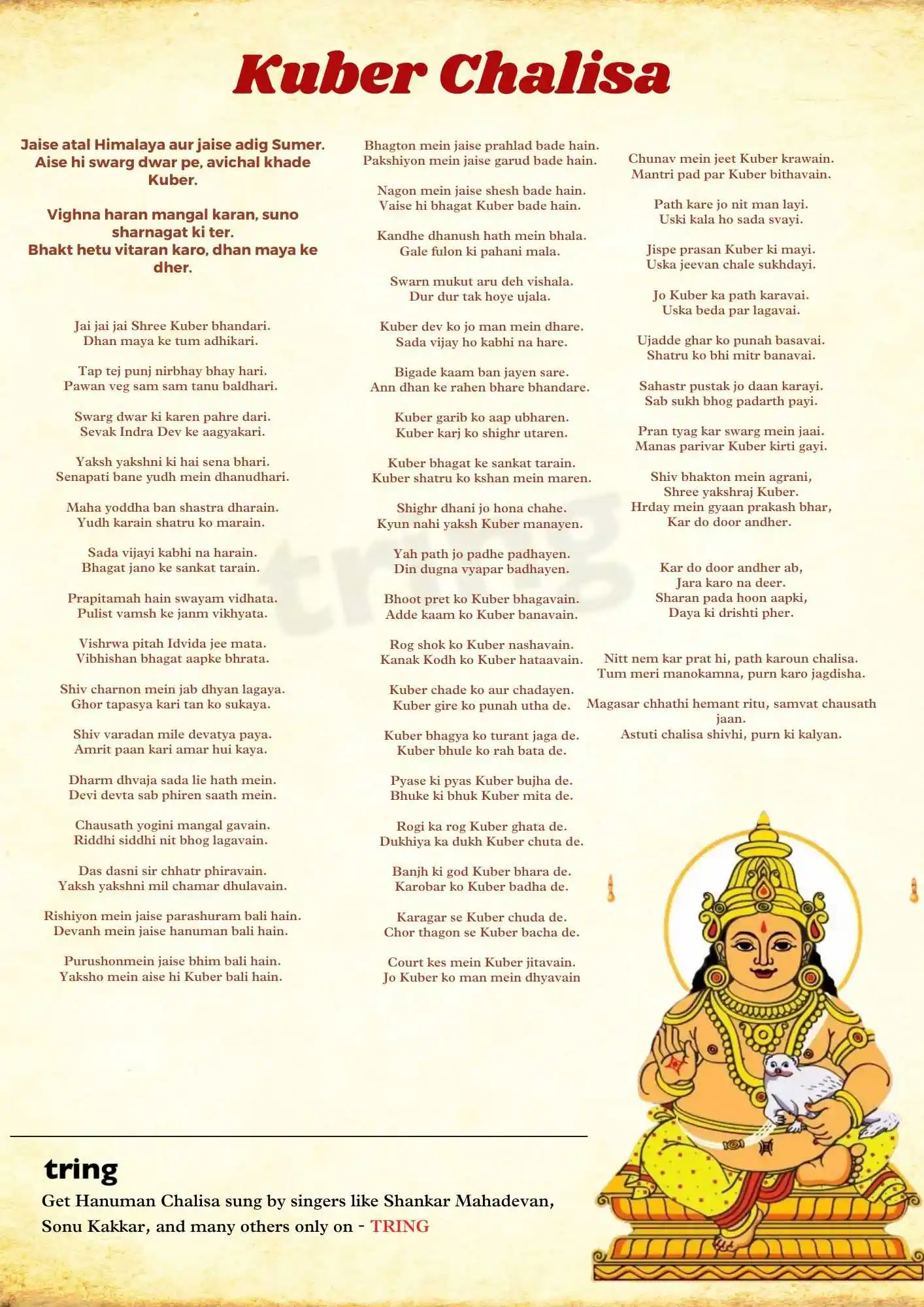
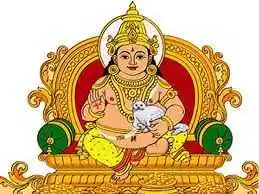
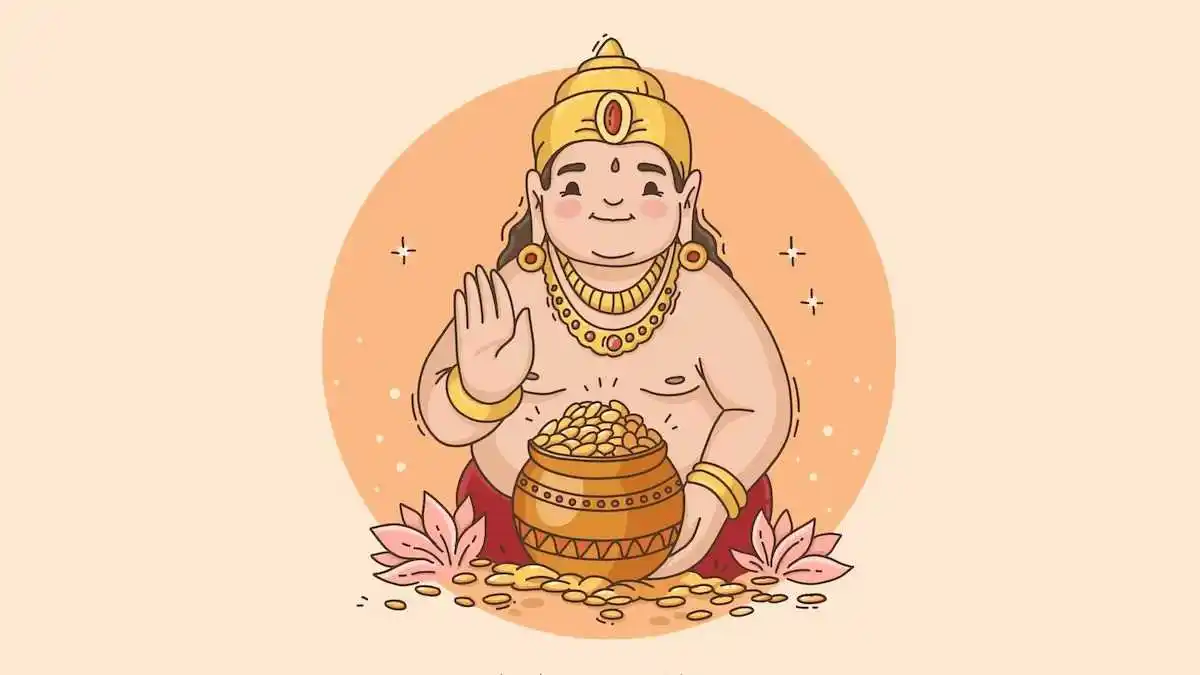

 We now support international payments
We now support international payments
